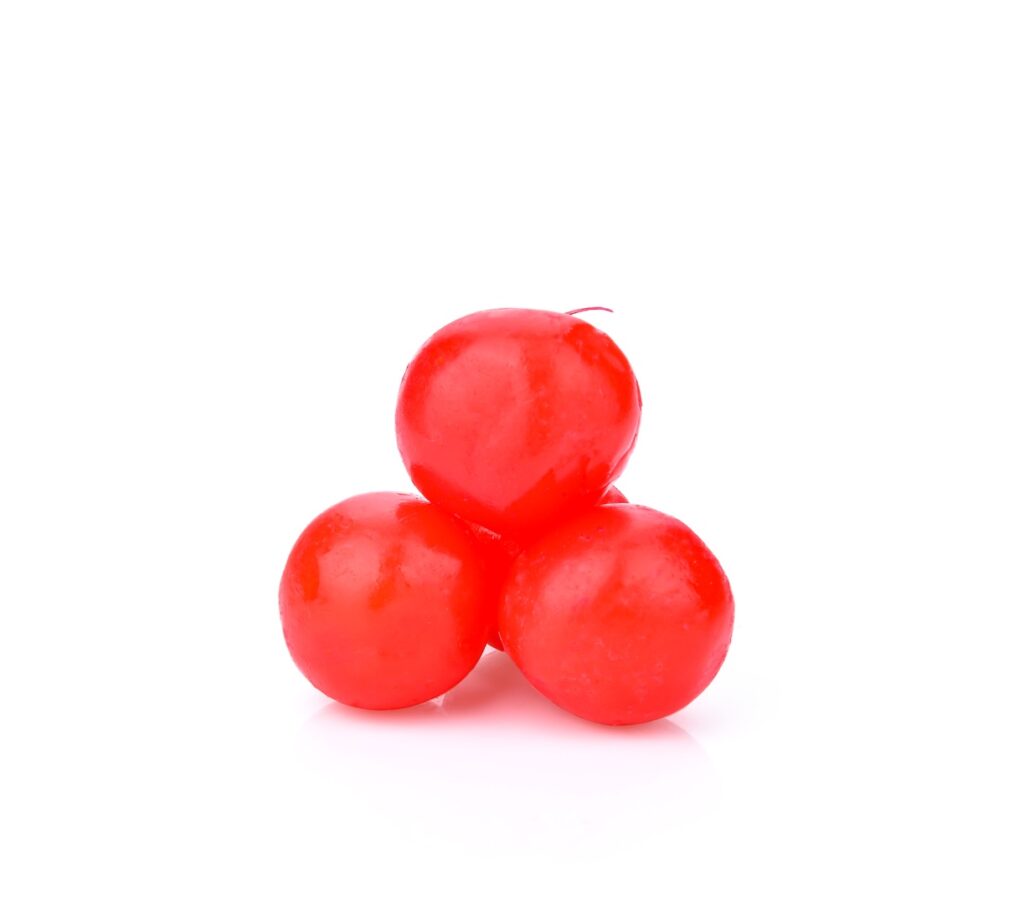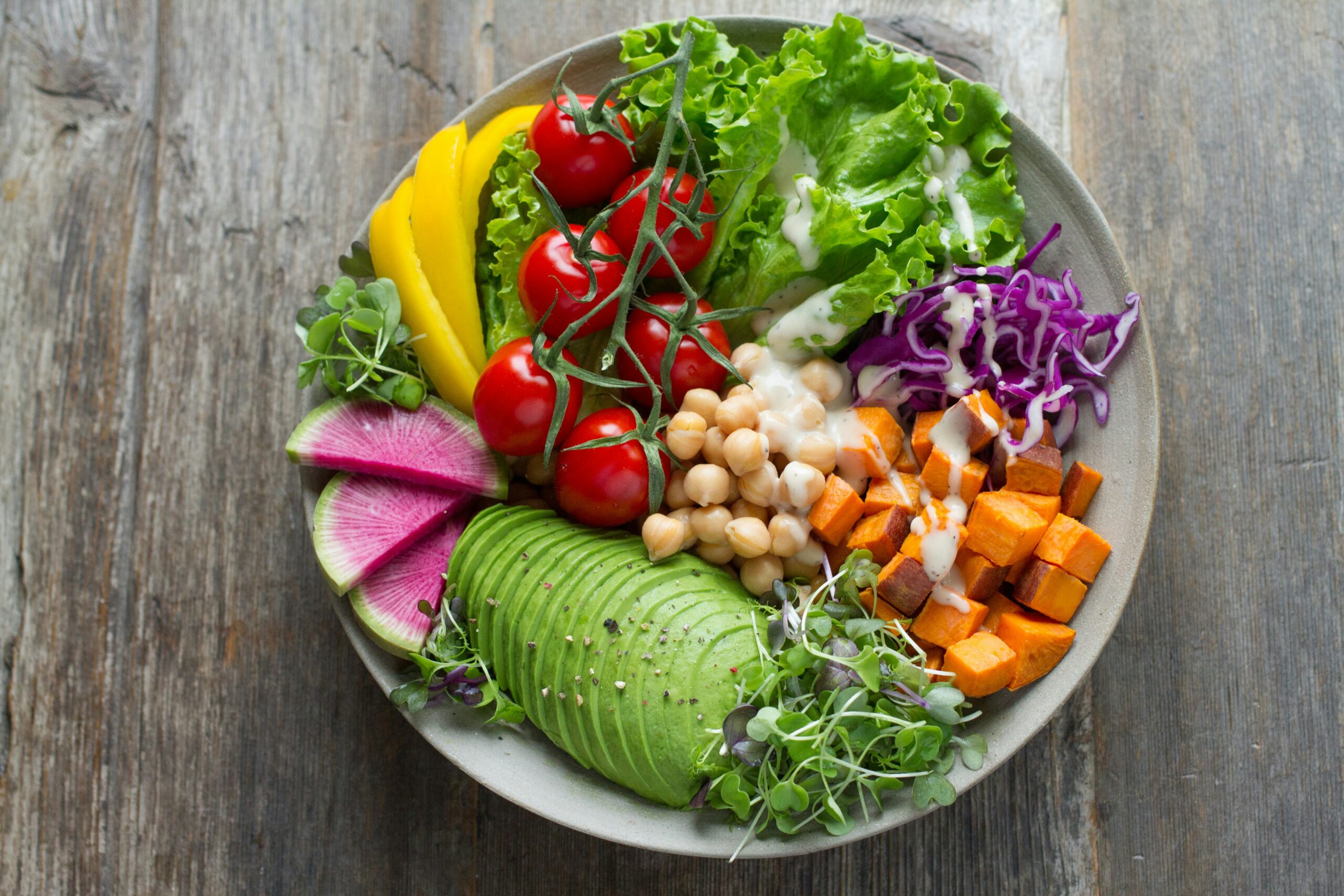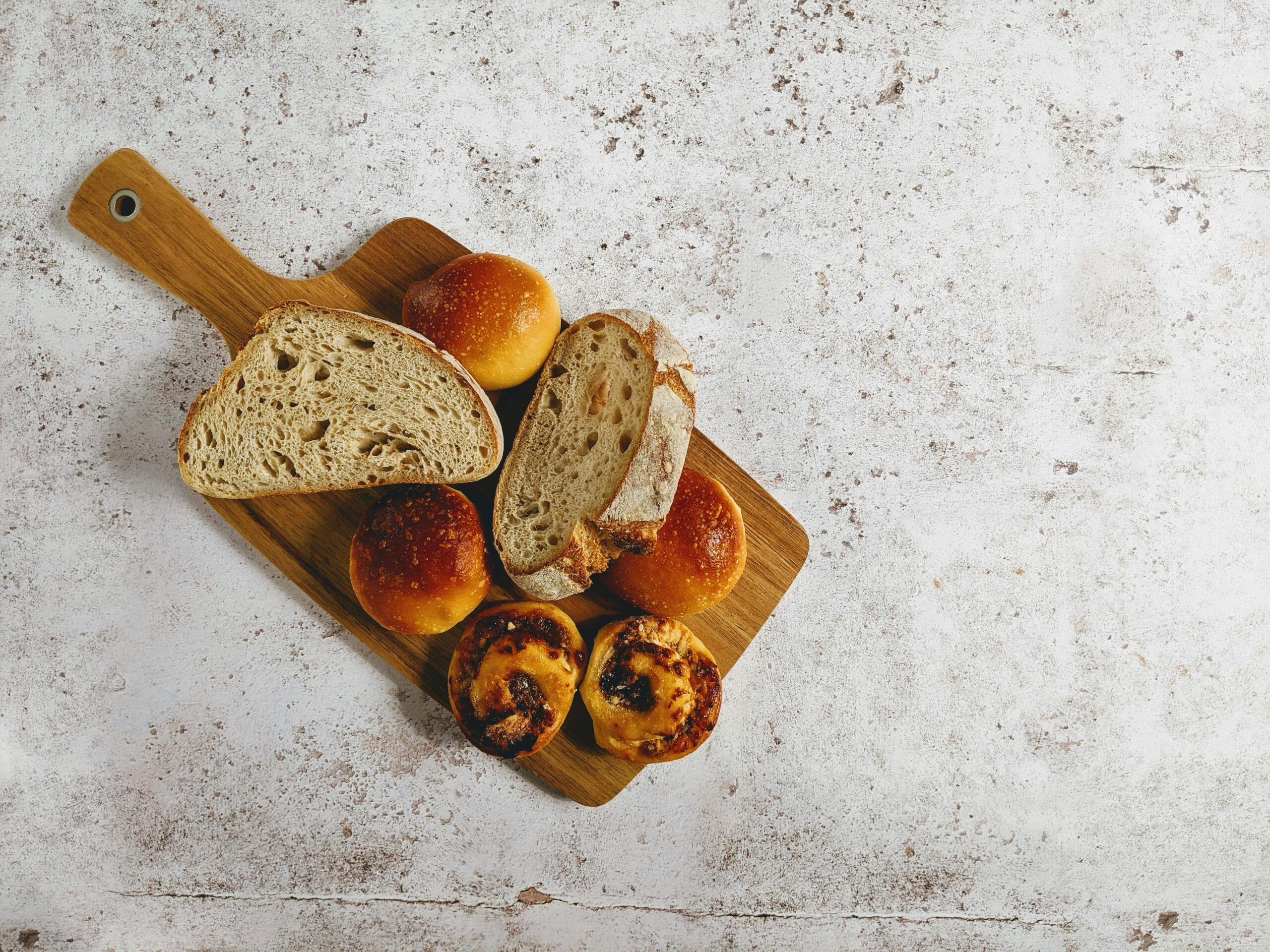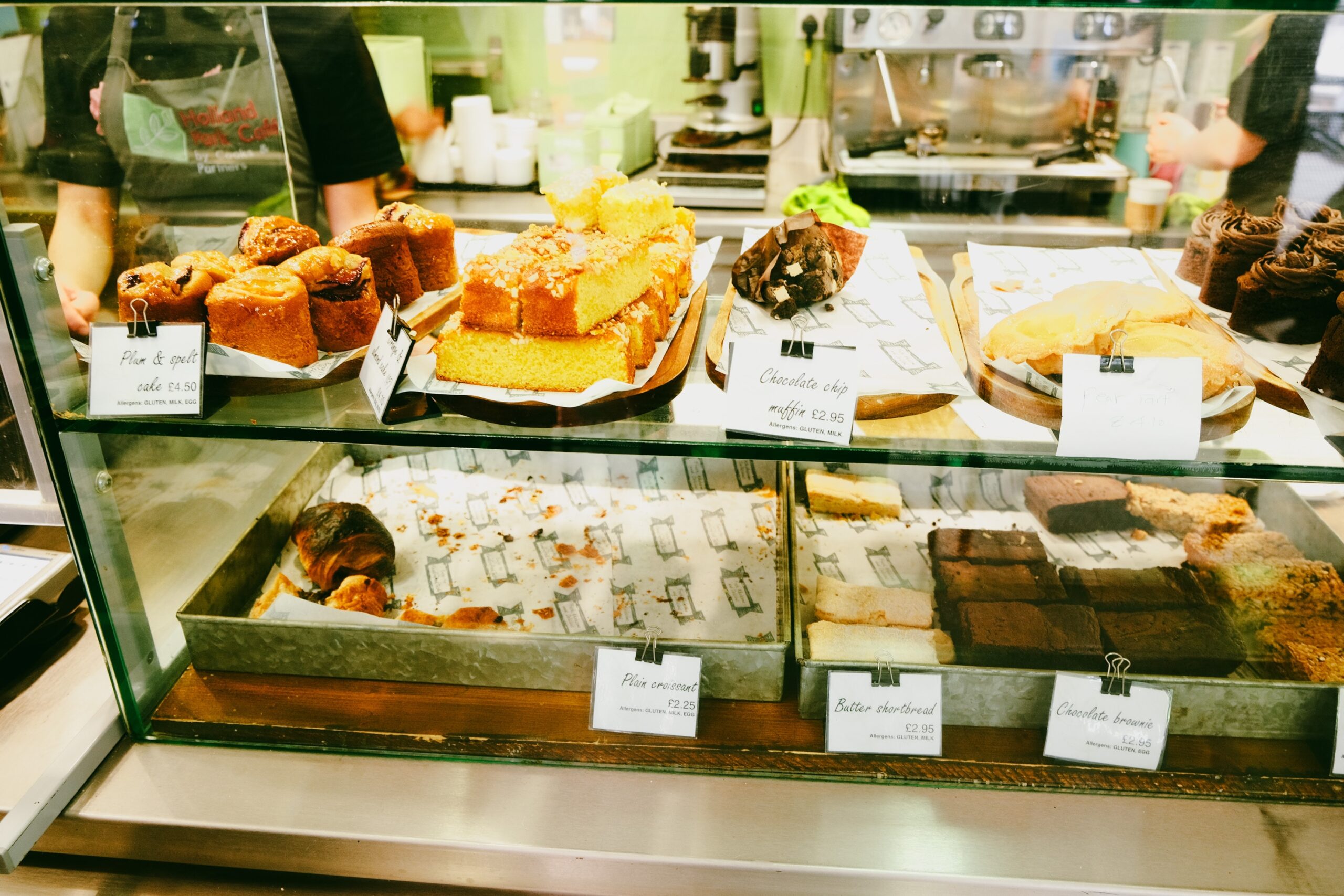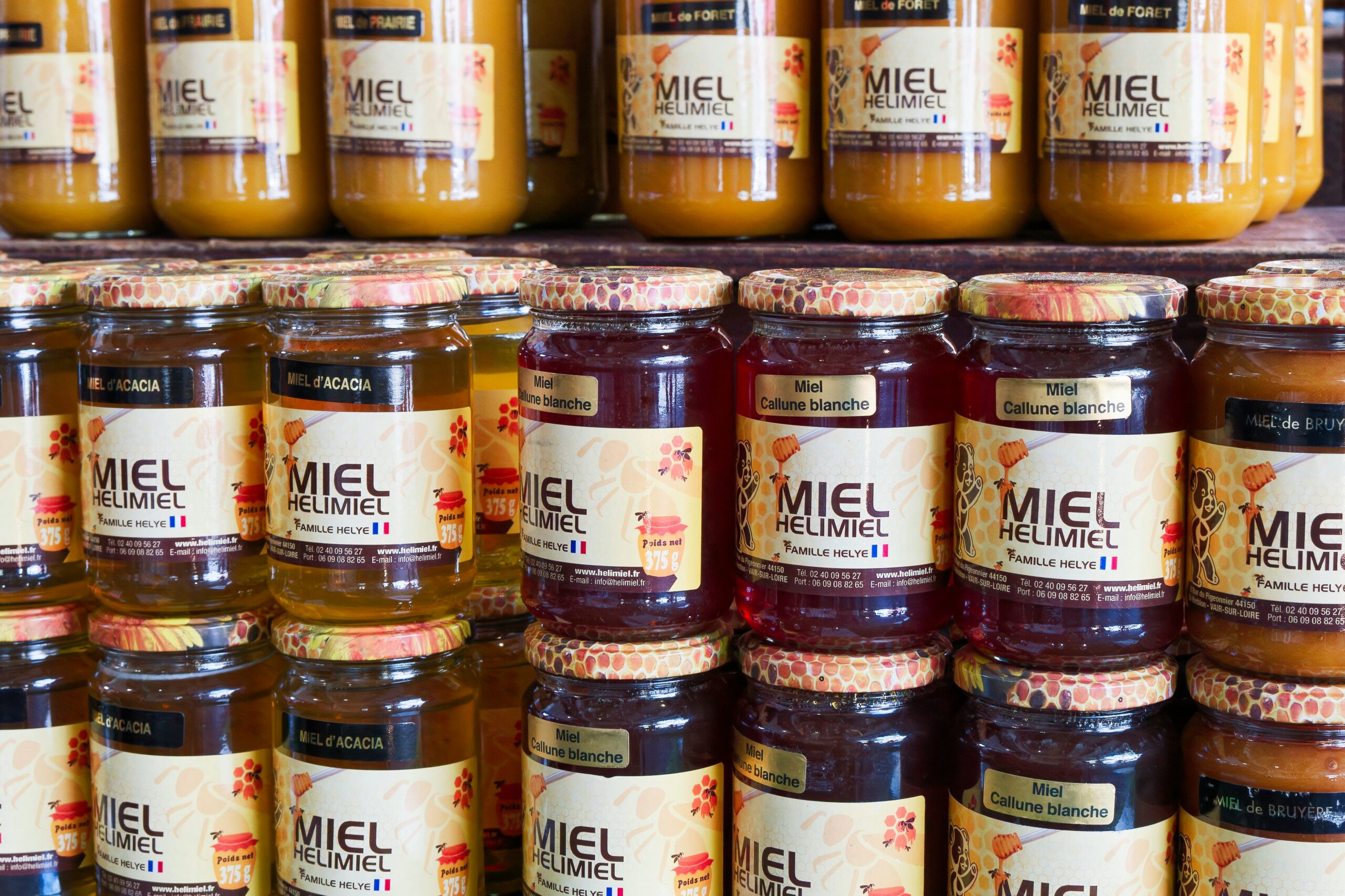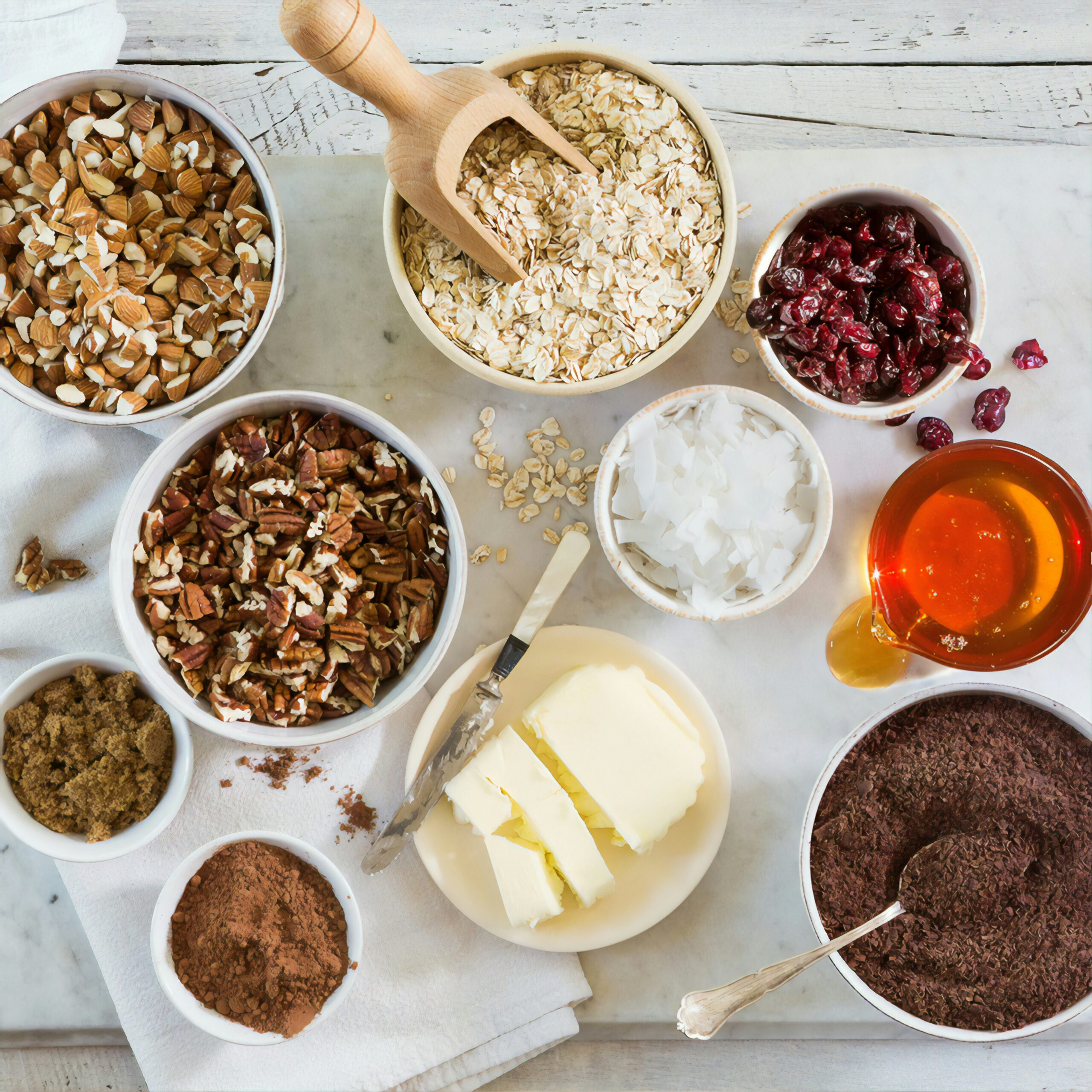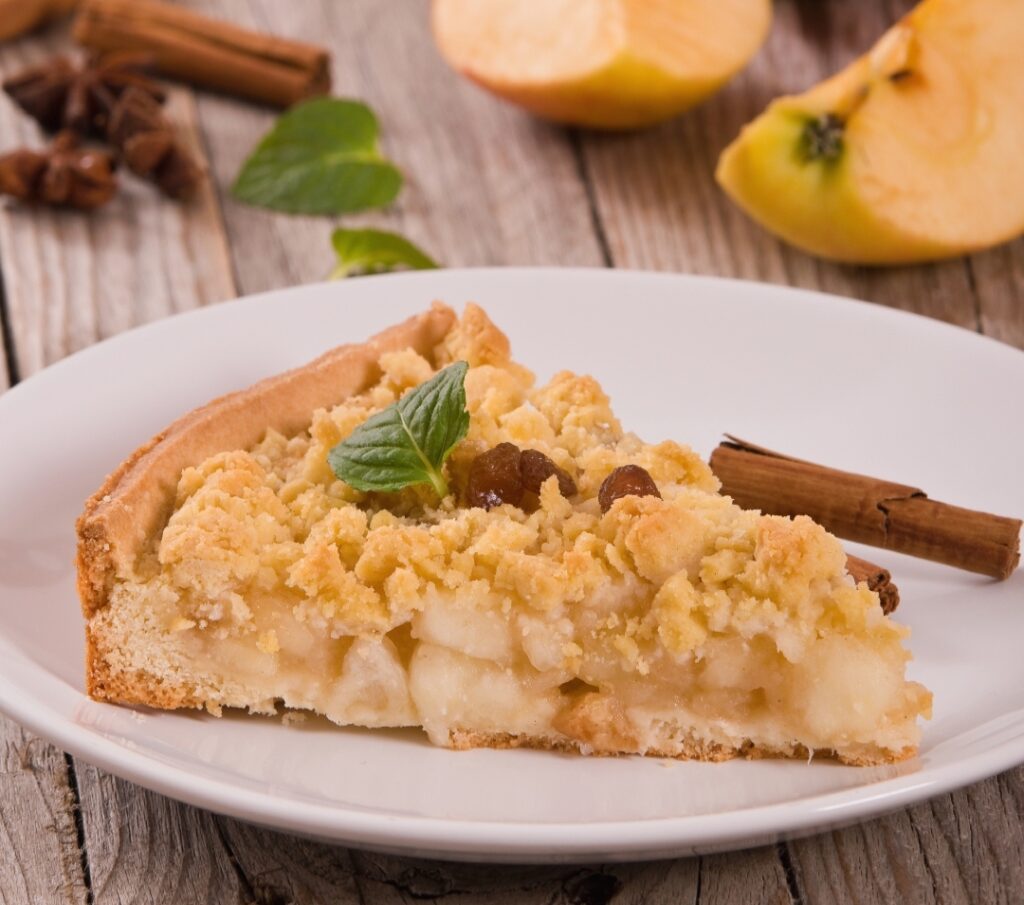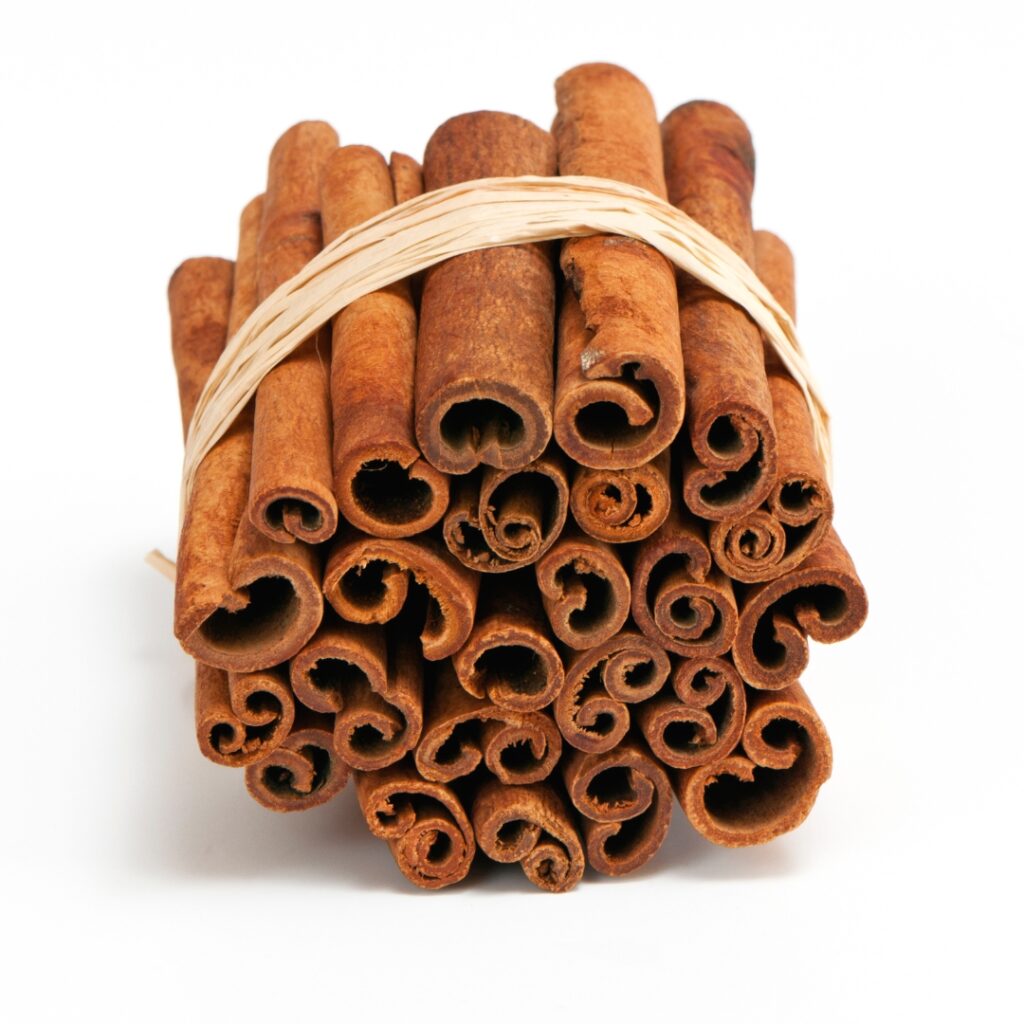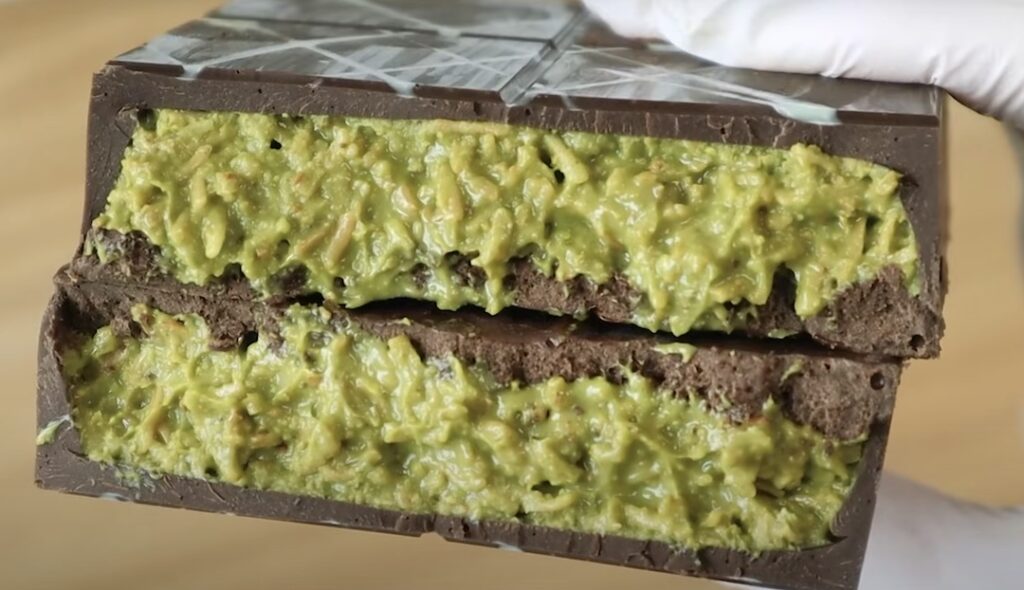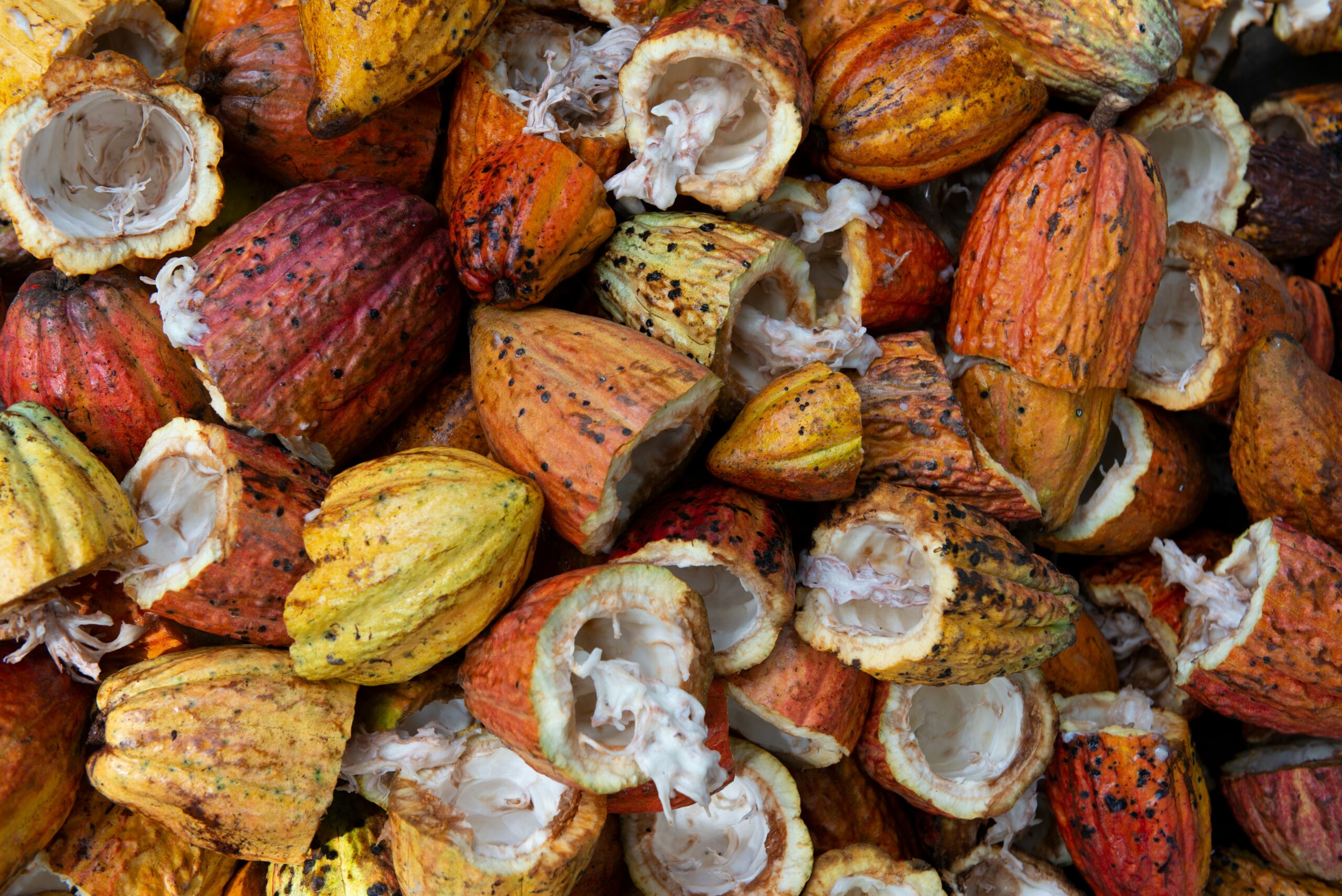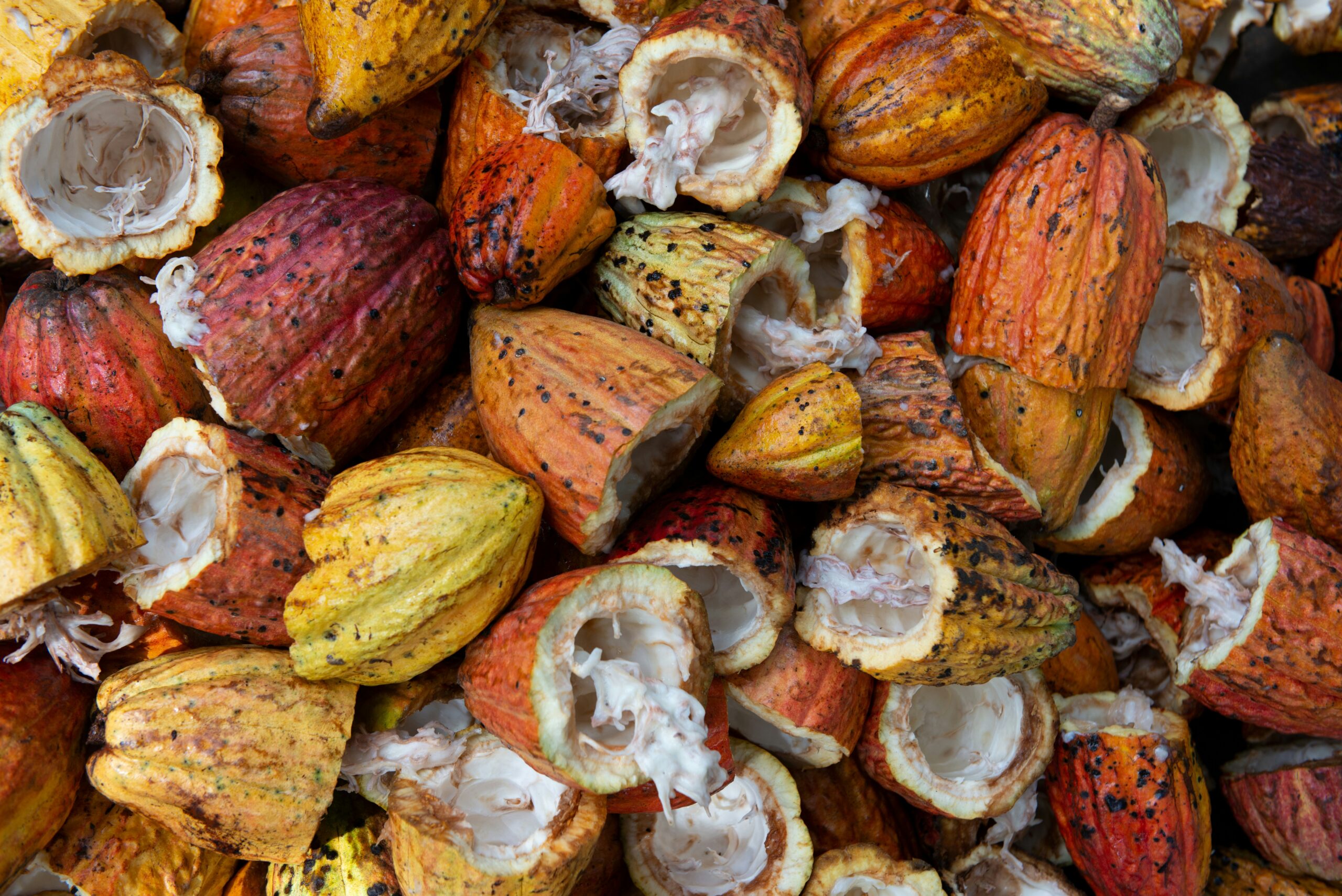Trusted or Tricky? Unveiling the Truth Behind Turkish Food Ingredients
By blending investigative rigor, clear narrative, and deep storytelling.
Turkey’s food heritage—vibrant markets, sun-ripened produce, age-old recipes—is a global treasure. Yet beneath that glow, a darker side lurks: bulk mislabeling, counterfeit exports, and diluted ingredients erode trust. This post peels back the layers, spotlighting supplier alternatives you can actually trust.
Why This Matters—And Fast
Christiane Amanpour would start here—laying out the stakes.
A decade-long investigation revealed over 4,000 food fraud cases in Turkey (2012–2022), mainly involving basic staples like dairy, meat, and oils. Many involved dangerous adulterants such as unapproved pharmaceuticals. (Freshdi, ekoorganik.com)
Anderson Cooper would then explain it simply.
Put simply: if your olive oil is under-market price or your honey is cloyingly sweet, something might be lurking beneath the label.
Why Consumers Should Stay Wary
These examples illustrate that trusting the label—or an appealing price—is no guarantee:
- Bulk fraud is widespread: large volumes of honey, olive oil, or even meat are adulterated before distribution.
- Fraud is not limited to obscure products—it can infiltrate branded supermarket items, exports, and even “premium” labeled goods.
- Health risks range from benign deception to exposure to carcinogens or pharmaceuticals, highlighting that adulteration isn’t just unethical—it can be unsafe.
The Trusted Five: Reliable Turkish Ingredient Suppliers
Here are five trusted suppliers, vetted for certifications, transparency, and reliability:
| Supplier | Notable Strengths |
|---|---|
| Izmir Organic | BRC AA, EU/USDA organic, Kosher/Halal certified. Offers dried fruits, nuts, sesame oil—direct from growers. (izmir-organic.com) |
| Armada Foods | State-of-the-art pulses and grains plant with BRC, ISO, Halal, Kosher, EU Organic, FDA certifications. Massive capacity, total traceability. (armadaorganic.com) |
| Yaban Food | Leader in organic dried mulberries, sesame seeds, apricots—deep roots with farmers since 1994. (yabanfood.com) |
| Melita Food | Family-run since 1933. Specializes in sun-dried Malatya apricots, Aydın figs, spices, nuts—ethical long-term sourcing. (melitafood.com.tr) |
| Antioch Foods | Based in Antakya, sources fresh produce like olive paste, olives, tomatoes—focus on authentic, high-quality heritage ingredients. (My Site) |
Smart FAQs So You Don’t Get Burned
Q1: How do I know if a Turkish supplier is reputable?
A1: Look for internationally recognized certifications like BRC, EU Organic, USDA Organic, ISO, Kosher, Halal, FDA. These ensure traceability, testing, and manufacturing integrity.
Q2: Is low price a red flag?
Yes. Ingredients priced unusually low—like ultra-cheap olive oil or honey—often imply bulk blending or mislabeling. Trust premium pricing with certification.
Q3: Want to buy in bulk—how do I confirm quality?
Request batch lab tests, traceability data (farmer, harvest, processing), and third-party audit reports. Transparency is your strongest ally.
Q4: What’s the simplest way to avoid tricky products in Turkey?
Stick to suppliers with direct sourcing, certifications, and proven export records—like those listed above. And always compare prices against market averages.
Q5: I’m based overseas—how to get these products reliably?
Look for suppliers offering export-grade packaging, FDA/EU compliance, and private-label or direct shipping services (e.g., ETK Global for sweets). (etkglobal.com.tr)
Below are three real-world cases illustrating how “trusted” products can turn out to be troubling:
1. Olive Oil Adulteration Hidden Under Bulk & Brand Names
Olive oil—especially extra virgin or regionally designated varieties—carries prestige, but also vulnerability to fraud. In multiple recent investigations by Turkey’s Ministry of Agriculture and Forestry:
- Fourteen brands were exposed for using seed oils and food coloring disguised as olive oil Haberler.
- A single enterprise, Onay Ticaret, was discovered mixing seed oil into olive oil sold under 21 different brand names, effectively faking extra virgin oil across multiple labels Haberler.
- Even Ayvalık, a prestigious olive oil region, has seen fraudulent products labeled as “Ayvalık olive oil” when in reality they were lower-quality blends—that is, olive oil illusion created through chemical additives and deceptive packaging Haberler.
These practices demonstrate how bulk adulteration can infiltrate both local and export markets, undermining trust—even when products appear to carry respected names or certifications.
2. Honey Tampered with Syrups, Colors, Even Viagra
Turkey ranks as the world’s second-largest honey producer, yet much of its honey market is mired in adulteration:
- A massive Ankara raid in September 2024 uncovered 8,150 tons of glucose, fructose, and sugar accompanied by 100,000 counterfeit labels, indicating state-led large-scale fake honey operations Deutsche WelleProtoThema English.
- By late 2024, the Ministry had officially listed 43 honey producers involved in adulteration—and alarmingly, two of them supplied major supermarket chains Deutsche WelleMuscat Daily.
- In EU tests, 14 out of 15 samples sourced from Turkey were found to be adulterated—and in at least one prominent case, honey contaminated with Viagra (intentionally added) was seized in France, traced back through illicit Turkish supply chains ProtoThema English.
- A striking claim by the Turkish Agriculture Federation asserts 70% of honey produced in Turkey is adulterated, with 95% in hotel and restaurant buffets faked, typically diluted with glucose or starch-based syrups Tridge.
These findings point to systemic fraud, where bulk adulterants and deceptive packaging often mask adulterated honey as the real deal—even when sold through supermarkets or hospitality outlets.
3. Meat, Dairy & Oils: Systemic Fraud Across Everyday Staples
A decade-long study by Istanbul Aydin University (2012–2022) uncovered over 4,000 food fraud cases across Turkey:
- Nearly 80% of the violations involved staples like milk/dairy, meat products, and vegetable oils Industry Intelligence Inc..
- Common practices included substituting milk fat with vegetable oil, using unapproved meat cuts or cheaper poultry in processed meats, and blending refined oils into olive oil.
- Alarmingly, some cases involved pharmaceutical adulterants, including sildenafil (Viagra) and sibutramine, endangering public health Industry Intelligence Inc..
This reflects a widespread pattern: products we assume are basic staples may carry hidden, harmful shortcuts.
Final Word: Trust Through Transparency
Nikole Hannah-Jones would leave you with the power of story.
Each pouch of mulberries, carton of dried apricots, or jar of olive paste that’s transparently sourced carries with it a legacy—not of shortcuts or shortcuts—but of families, commitment, and ethics.
Demand that traceability. Favor producers who open their books as willingly as they open their fields. That’s how consumers worldwide distinguish trusted from tricky.



